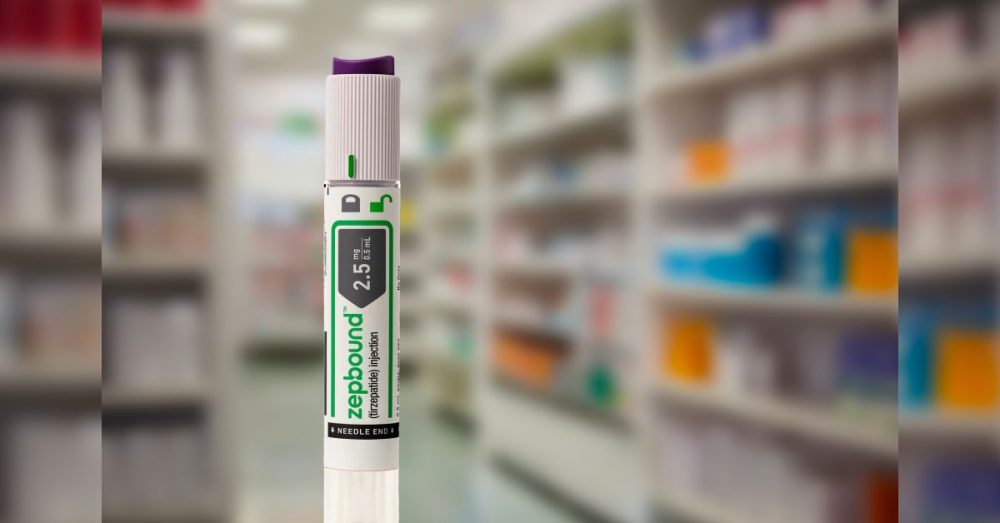The Food and Drug Administration (FDA) has officially expanded the use of Eli Lilly’s obesity drug Zepbound to treat moderate to severe obstructive sleep apnea (OSA) in adults with obesity. This groundbreaking approval, announced on Friday, makes Zepbound the first prescription drug specifically approved to address OSA, a condition affecting approximately 12% of Americans. The decision comes after promising results from two large-scale clinical trials demonstrating the drug’s effectiveness in reducing apnea symptoms alongside significant weight loss.
OSA occurs when a person’s airway is temporarily obstructed during sleep, leading to repeated episodes of interrupted breathing. These disruptions cause brief awakenings, resulting in poor sleep quality and potentially serious health complications over time. While factors like narrow airways can contribute to OSA, obesity is recognized as one of its most significant risk factors. The approval of Zepbound highlights the potential to address both obesity and its associated sleep disorders with a single treatment.
Tirzepatide, Zepbound’s active ingredient, has already made headlines for its ability to induce substantial weight loss, with trial participants shedding up to 20% of their body weight. In the recent trials for OSA, the drug not only achieved comparable weight-loss results but also reduced the frequency of apnea episodes by as much as two-thirds. Remarkably, about half of the participants treated with Zepbound experienced complete remission of their OSA symptoms within a year.
“This is a major step forward for patients with obstructive sleep apnea,” said Sally Seymour, director of the FDA’s Division of Pulmonology, Allergy, and Critical Care. She emphasized that the approval provides a critical treatment option for patients who may not benefit from traditional interventions like CPAP machines or lifestyle modifications alone.
The implications of Zepbound’s approval are far-reaching. Sleep apnea has long been treated primarily through mechanical interventions such as continuous positive airway pressure (CPAP) devices, which are often cumbersome and can be challenging for patients to use consistently. Zepbound offers a pharmacological alternative, potentially improving adherence and outcomes for those struggling with the condition.
Eli Lilly’s trials have also sparked discussions about the broader potential of tirzepatide in addressing other obesity-linked conditions. With its dual-action benefits of weight loss and symptom reduction, the drug is being closely watched as a model for future obesity-related treatments. Experts note that Zepbound could pave the way for a paradigm shift in how complex conditions like sleep apnea are managed.
As Zepbound becomes available for OSA, health care providers are expected to integrate the drug into comprehensive care plans tailored to individual patients. However, it is essential to monitor the long-term effects and accessibility of the drug, given the high demand for novel obesity and sleep apnea treatments. Affordability and insurance coverage will likely play a pivotal role in determining the drug’s impact on public health.
With this milestone, Zepbound establishes itself as a transformative tool in the treatment of obstructive sleep apnea. As patients and providers celebrate the FDA’s approval, the spotlight remains on Eli Lilly and its continued efforts to redefine the treatment landscape for obesity and its related health conditions.


